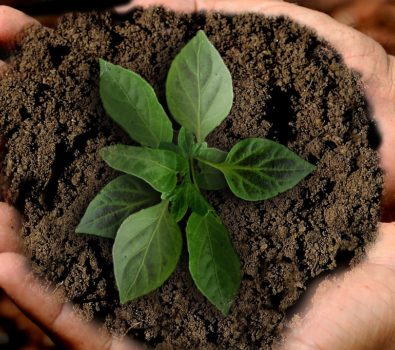I just counted the number of times the term”sustainable” (and its close cousin, sustainability) appears at the 17 Sustainable Development Goals (SDGs) in the U.N. The UN Sustainable Development Goals intends to end poverty, end hunger, promote sustainable agriculture, healthy lives and encourage well-being for all ages, inclusive and equitable excellent education, achieve gender equality, accessibility of water and sanitation, access to sustainable and modern energy, encourage economic growth and employment, sustainable industrialization, reduce inequality, security, sustainable consumption, combat climate change and its impacts, preserve marine resources, protect terrestrial ecosystems, access to justice for all and international partnerships for sustainable development among others.
The SDGs, as they are called, aims to enhance life in the world, particularly in poor countries and the designers of this target obviously want them to become more sustainable. But, I wondered about the specific meaning of the term”sustainable” with regard to development objectives. You would find a different definition from various analysts on any particular day. It may mean an end to the aid programs run by governments of developed countries If the Sustainable aims are attained, aid isn’t essential in perpetuity. Local governments will start to kick in funding and set up strategies to deliver food and drugs. The concept is, the nation that benefits in the initial form of help will eventually build on it and become self-explanatory.
Then it can be referred to as sustainable work. It’s an indication that short term fixes are not like a long-term solution The Ebola crisis exposed that we may get caught flat-footed if we don’t have a robust and resilient health care food system in place. We are in need of a strong health workforce, quality practices, quality medications and financial infrastructure for continuous improvement of the infrastructure. In each country, we want a system designed to bend but not break and bounce back from these large shocks in an increasingly unstable world. The designers of the goals wanted to cover everybody and everything in the world all of that have unique solutions. That is very good for instill motivation but it’s bad news for people who wish to implement it.
The sustainable targets are a vision that needs more actionable definitions and much more specificity. We can’t specify well-being, let alone measure it. It also suggests that we need to spend money to change the world to make a strong health care system we want a solid infrastructure and food security. In a report on”A Grand Convergence in Global Health,” the prediction was that one to 3 percent of GDP is sufficient for”a universal decrease in disease” and a fall in maternal and child death rates to”dangerously lower levels”. Governments will need to raise money and spend it to create a sustainable ecosystem. It can make authorities consider the consequences of their activities. Douglas Beal, managing director of the Boston Consulting Group, gave a Ted talk about sustainability. And it only meant”longevity, something which can continue.” After the government dismisses good governance, the environment and dismisses civil society that the society and people are harmed. This defeats the purpose of sustainable targets.


